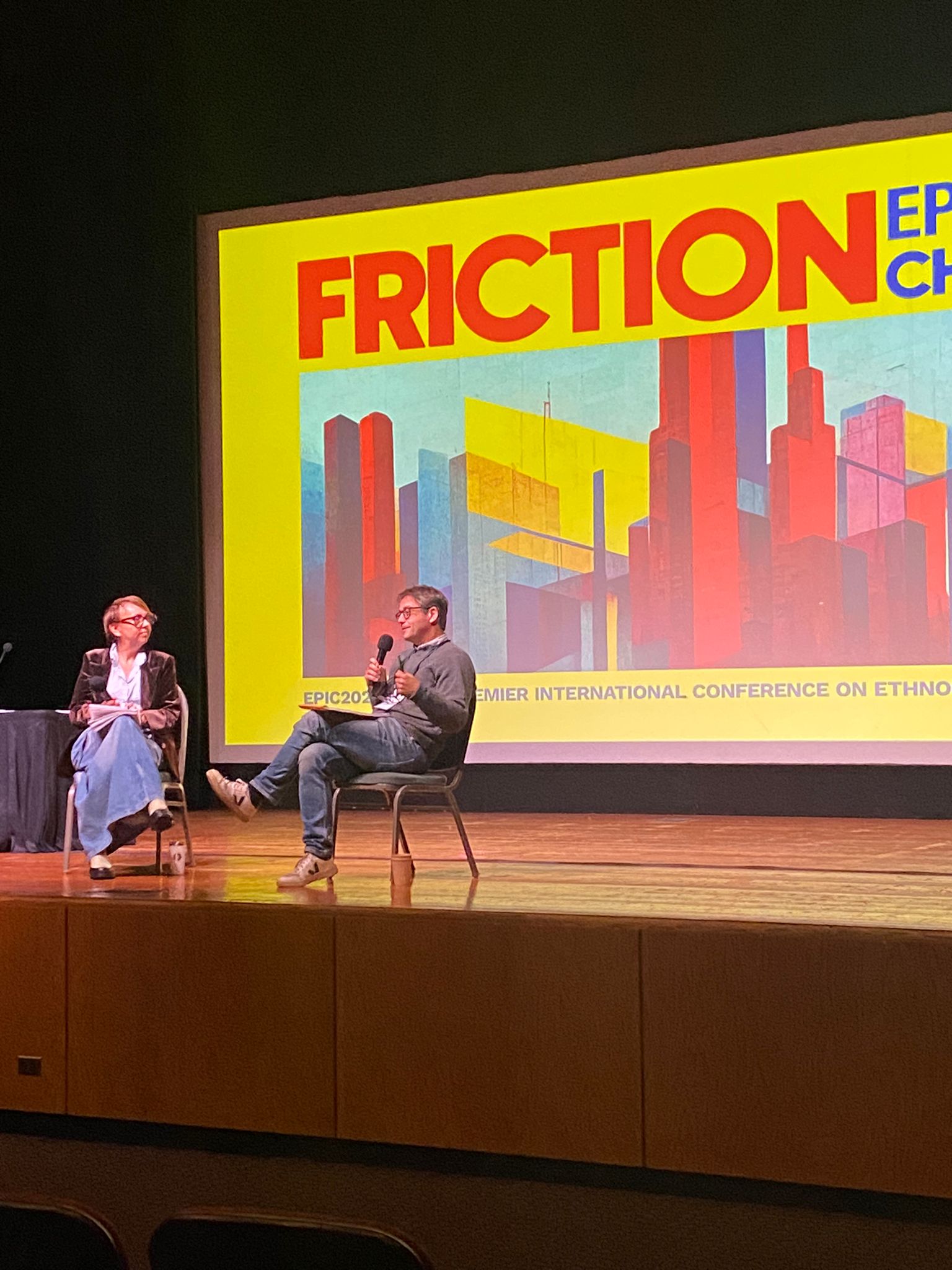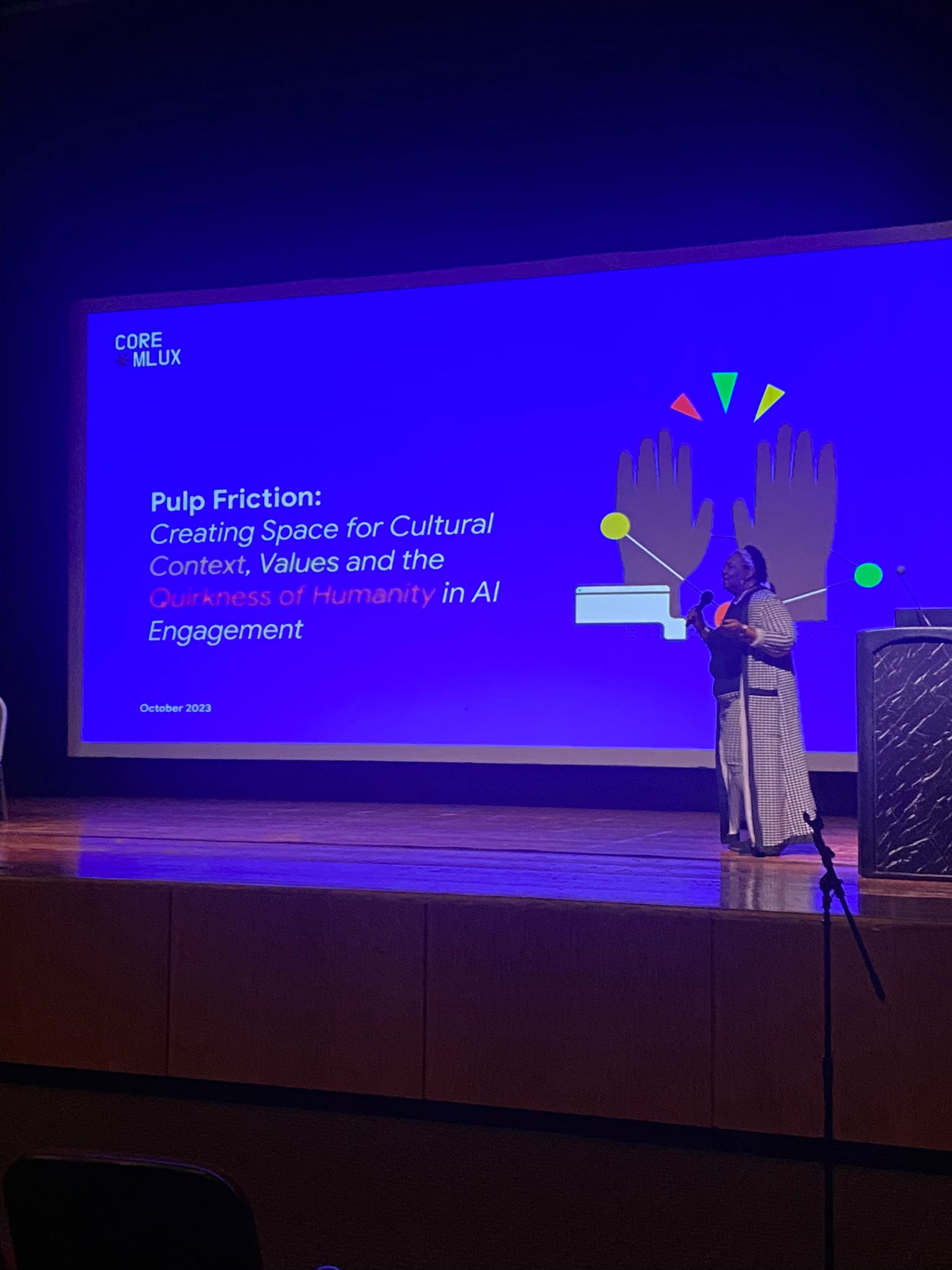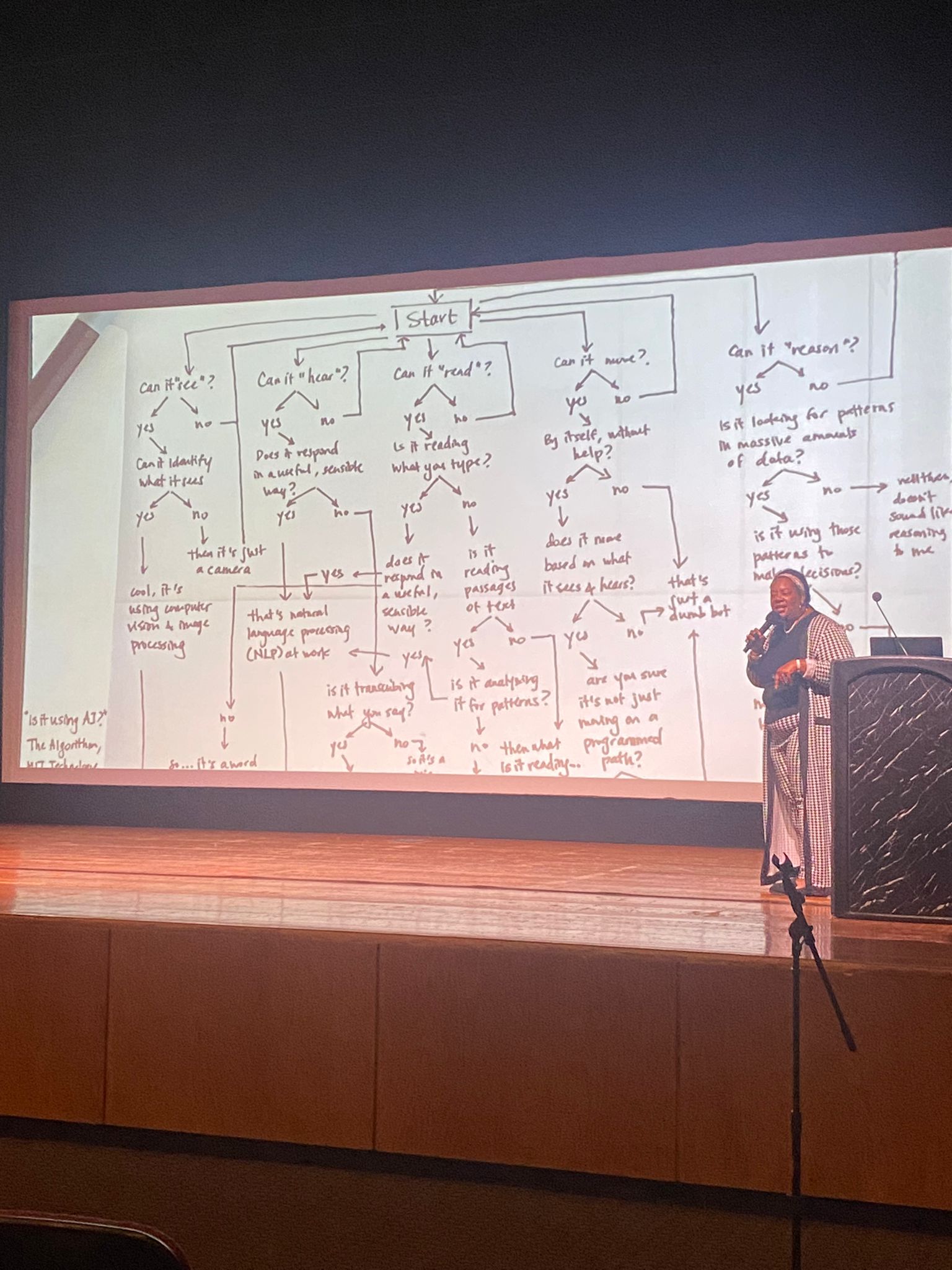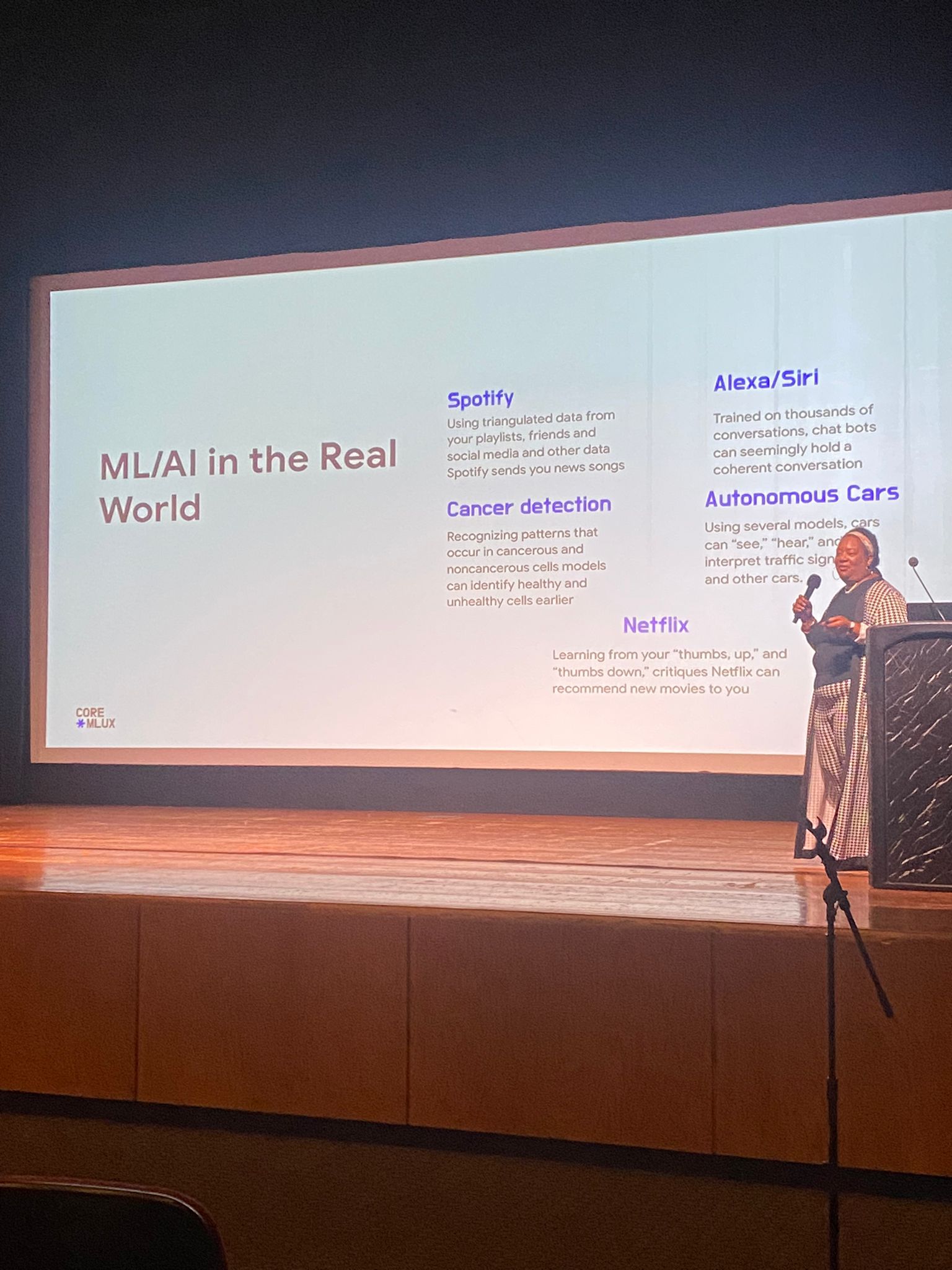Epic 2023 Wednesday conference notes
Can’t believe it’s already the last day of EPIC. The conference theme this year is friction, but for me it’s been a few days of productive encounters that have sparked creativity and fostered connections.
My notes for Monday’s sessions are here. Notes for Tuesday are here
Seismic Shifts or Seasonal Patterns: After a Tough Year for Research, Do We Need Fundamental Change, or Just Patience?
Leisa Reichelt - Head of Research & Insights, Atlassian Simon Roberts - EPIC Board President

Note: these are not going to be verbatim
tough year with lots of trauma and uncertainty between layoffs and AI.
there was a previous EPIC theme of renewal and that needs to be how we approach this. cannot be passive and sit back.
Is this just a cycle and we can wait for it to pass, or is this a reckoning that changes our role in orgs - L leans towards the latter.
Set ourselves up in a way that makes eour contribution to the business much more clear - how do we make sure that our work is being registered in all the ways that programme management registers work. In terms of claiming wins, can’t just be like, “oh we influenced the roadmap”. we need to instead track longitudinal impact.
The theme of reclamation is useful - how do we gather everything we’ve got to synthesise and spot patterns and tell stories from what already exists? Don’t necessarily need to spend money and go out to do new research. We as a community have taken our eyes off distillation.
anecdote from L of how they actually had a librarian on the team who could pull out all the relevant previous research reports, but to an executive, that was basically the same as having nothing becuase the exec wasn’t going to read through all 17 reports and do their own synthesis. Would rather start afresh instead.
the next step from that is to repeatedly communicate the same three things until the org ‘gets it’
Q for S - what does building out a data science team look like. A: it takes a lot of time to build it up, and needs a lot of bridge building between different disciplines. It feels fresh.
Communities have boundaries, but we need to continue to push the adjacencies. EPIC has been on a trajectory of growth but that can lead to inward conversations.
L at Atlassian there has been several reorgs - reserach was with CX, then marketing, then engineering. can be humbling but also an opportunity to build allies. Helps us to say bigger bolder things and be more influential.
We need them and they need us.
In a moment when businesses are in preservation mode: concerned with optimising and monetizing, rather than exploring new frontiers. this is not a bad thing but We need to reposition ourselves accordingly.
Medium article on micro and macro, and thesis that research became dispensible because it wasn’t working on macro strategy directions nor micro useability research things, but occupied the middle ground.
Recoding ‘strategic’ not as massive long-range studies, but what the business currenly cares about and needs to address.
Better times are ahead but only if we don’t rest on our laurels.
It’s about getting the right balance.
Don’t start over. don’t always look for the shiny new things. build those allies and build on what we know
Pulp Friction: Creating Space for Cultural Context, Values, and the Quirkiness of Humanity in AI Engagement
Director of User Experience - Machine Learning, Google

Started as a researcher, as a journalist, and am now at this very technical place, but human-centered and ethnogrpahic practice is more needed than ever.
Born and raised in Chicago. A lot of people think of Chicago as a place of poverty and violence but she has a different story/truth
When I was young i was highly techncial but also very emapthetic and interested in other people’s lives.
Spent 20 years as a journalists; went back to grad school at age 41 to get CS degree.
At IDEO, embedded with datascope and worked directly with data science to integrate data science and design research
Design Ethics Statemetnt - if you’re going to get into corporate world and work for corporations that are profit driven, you need to have your own ethics statement as your line in the sand.

In interaction design we’ve been taught that friction is the enemy. but when you get into ML/AI, a little friction is necessary and we need to be the ones who bring it. We are in a period of accelerated innovation and growth in this sphere.
Machines are designed to talk to other machines. there’s no straight line in the relationship between humans and machines.
all people create data and all data is created by people.
Data is the love language of machines. When you study people you study the creators of that love language, so your insights are just as worthy as those cruching the numbers.
ML/AL - uses data of the past to predict the future. by definition there’s no right or wrong.
A lot of devs have a lot of trouble wrapping their heads around AI because it’s more like quantum physics than biology. it’s a lot less deterministic.

Machine learning means machines learn. their output are dynamic and not deterministic, so you need to monitor and supervise it to make sure it doesn’t drift
ML/AL in the real world:

Data is the love language of machines but data is not truth
note: sorry all, have to go to a meeting so I have to skip the rest of the keynote